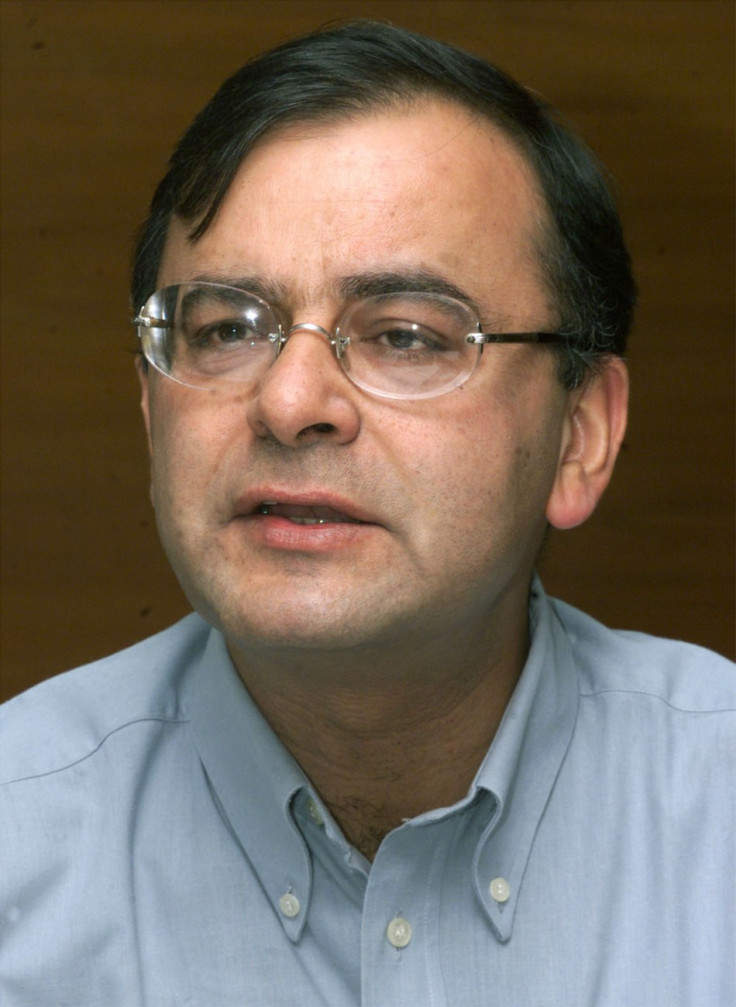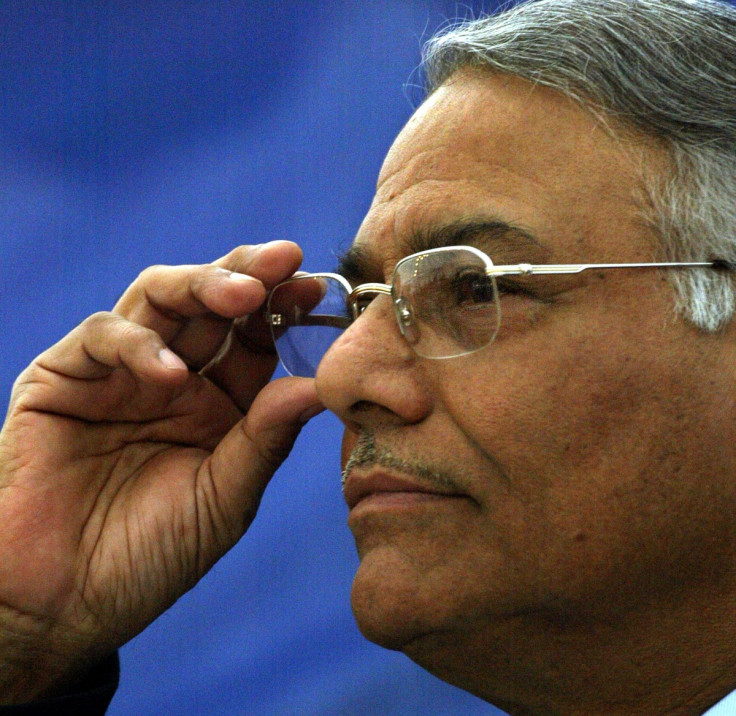India Elections 2014: Who Will be Finance Minister in Modi Government?

The Bharatiya Janata Party (BJP) under Narendra Modi is expected to form India's next government, as trends show them winning an absolute majority in the general election that lasted for more than a month.
Economic growth had slowed down under the government led by the Congress party. The new government is inheriting an economy with a sluggish growth, high inflation and significant current account deficit.
Economists across the globe have been of the opinion that the country needs to undertake structural reforms for better growth rates.
The finance ministry, which takes care of the country's fiscal policies, is the most critical portfolio at present, and it requires an efficient leader, especially at a time when the country is heading towards becoming the second-largest economy in Asia in terms of the US dollar.
IB Times UK takes a look at three of the most likely candidates who could be finance minister in the Modi government.
1. Arun Jaitley

Arun Jaitley, who has been the strategic planner for the BJP, is the most favoured for the post according to the Indian media.
The 61-year-old graduated in Commerce from Shri Ram College of Commerce, New Delhi and received his Law degree from the University of Delhi, where he was leader of Akhil Bharatiya Vidyarthi Parishad (ABVP), the student wing of the BJP.
In the Atal Bihari Vajpayee government from 1999 to 2004, he served as the minister of commerce & industry and law & justice with cabinet rank for a short period of time.
In this year's election campaigns Jaitley was noticed for his views on the Indian economy. For example, he indicated that he may be open to the proposed 49% foreign direct investment in insurance, which could not be implemented by the previous government.
Jaitley on 7 May said the main challenge before the next government would be to reinstate confidence in the economy with speedy decision making.
"We will need to have an investor-friendly approach. The ease of doing business would need to be improved significantly," he told a select group of reporters.
2. Yashwant Sinha

Yashwant Sinha had been the Finance Minister of India during the Chandra Shekhar government from 1990 to 1991 and the Vajpayee government from 1998 to 2002. He also served as foreign minister under the Vajpayee government from 2002 to 2004.
In his role as Finance Minister of the country, Sinha is credited for his major reform measures that put India on a firm growth trajectory. His notable reforms include lowering real interest rates, introducing tax deduction for mortgage interest, freeing up the telecom sector and deregulating the petroleum ministry.
In his career as a civil servant, spanning 24 years, he had been under secretary and deputy secretary in the finance department of the Bihar state government for two years after which he worked in the ministry of commerce as deputy secretary to the government of India.
3. Arun Shourie

Arun Shourie's experience as an economist with the World Bank, a consultant to the Planning Commission of India and the minister of disinvestment, communication and information technology in the government of India under Vajpayee, makes him a candidate for the key post.
He obtained his doctorate in economics from Syracuse University in the US and worked for the World Bank from 1967 to 1978.
He is also a journalist and an author widely acclaimed for his insightful writing on a range of topics including economics, policy, politics, history and communism.
© Copyright IBTimes 2025. All rights reserved.






















